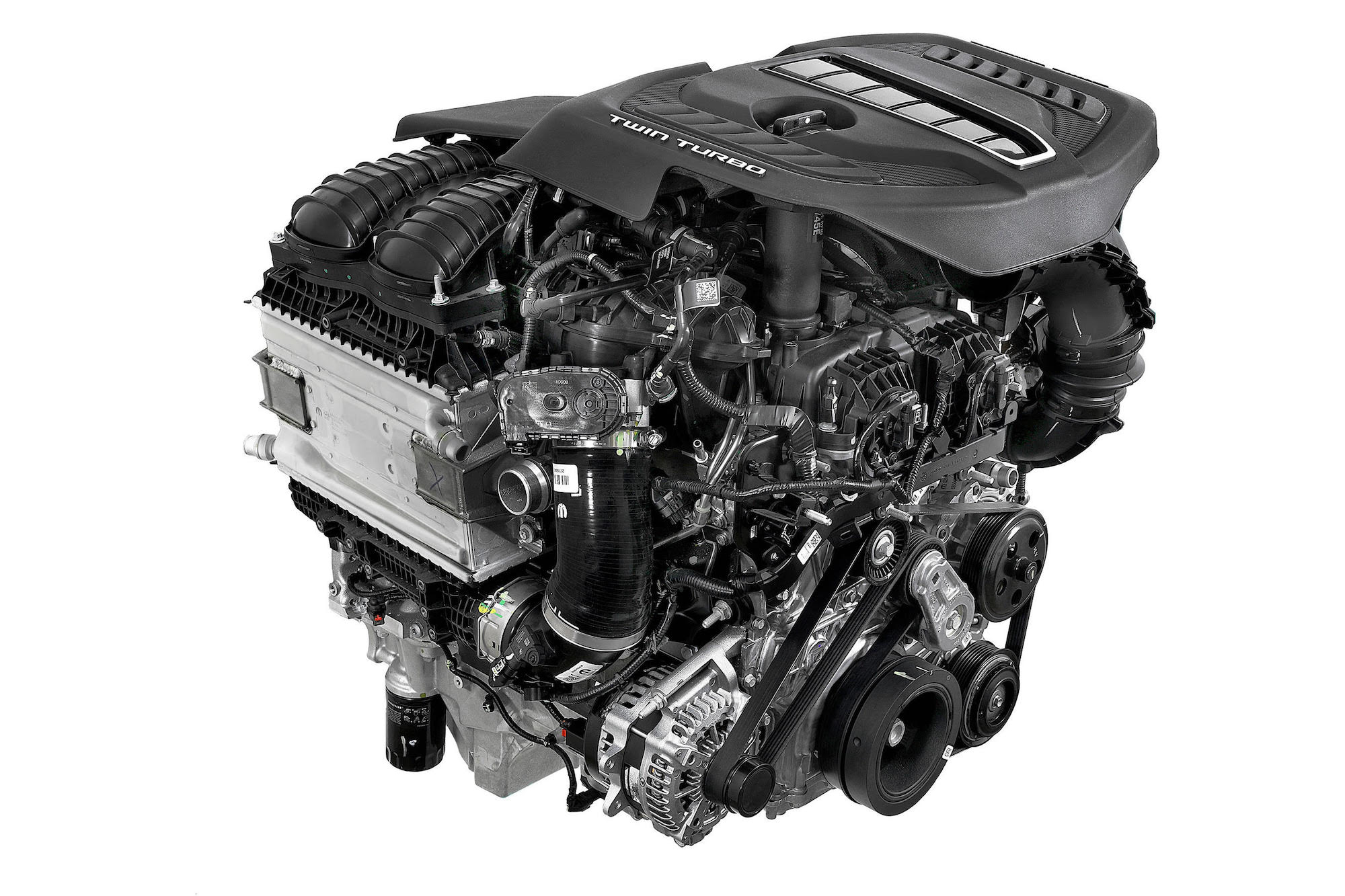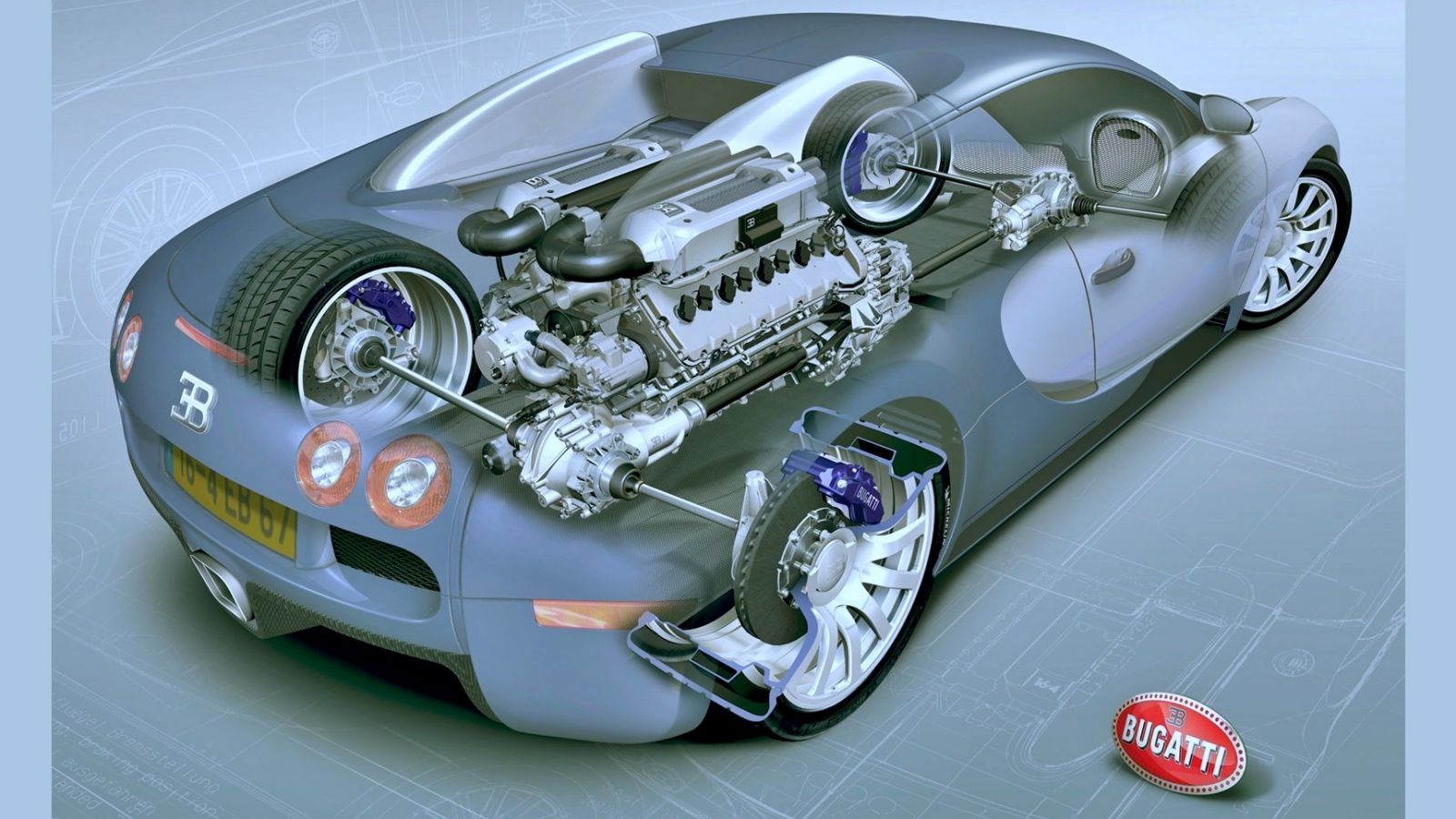Engines for Africa Available Currently! Visit Our Relied On Automobile Parts Shop
The Impact of Cutting-edge Engine Technologies on Energy Performance and Environmental Sustainability
In the realm of transport and commercial machinery, the continual quest for improved energy effectiveness and decreased environmental impact has actually led to significant innovations in engine modern technologies. From the gradual change towards hybrid and electrical systems to the combination of turbocharging for enhanced performance, the landscape of engines is advancing quickly.
Evolution of Engine Technologies
The progression of engine technologies over the decades has been noted by regular innovation and improvement in quest of enhanced performance and effectiveness. From the early days of interior combustion engines to the cutting-edge hybrid and electrical powertrains these days, the development of engine modern technologies has actually been driven by a relentless mission for boosted fuel effectiveness and decreased discharges.
One significant landmark in this advancement was the development of turbocharging and direct injection systems, which considerably increased engine power result while enhancing gas efficiency. These technologies allowed for smaller, extra lightweight engines that could provide the performance of larger ones without endangering on effectiveness.
Furthermore, improvements in products science have led to the widespread adoption of light-weight products such as light weight aluminum and carbon fiber in engine building and construction. This has not just minimized overall vehicle weight however has actually also enhanced engine performance by lessening energy losses connected with inertia and rubbing.
Advantages of Electric and Hybrid Systems
With the growing emphasis on sustainability and power effectiveness, what advantages do hybrid and electric systems offer in the world of engine technologies? Additionally, hybrid and electric systems are more energy-efficient, converting a higher percentage of saved energy into propulsion contrasted to conventional engines. Hybrid systems integrate the advantages of electrical propulsion with the flexibility of a burning engine, providing prolonged driving varieties and minimizing variety stress and anxiety for consumers transitioning to electrical cars.
Turbocharging for Improved Performance
Innovative engine technologies like electrical and hybrid systems have led the way for advancements in automobile efficiency, with turbocharging arising as a vital technique for improving overall efficiency and sustainability. Turbocharging jobs by utilizing a wind turbine to require more air right into the combustion chamber, permitting for better gas combustion and raised power result without a substantial increase in engine size. This process, known as forced induction, makes it possible for smaller sized, a lot more fuel-efficient engines to generate power levels equivalent to larger ones. By maximizing the efficiency of the combustion process, turbocharged engines can attain enhanced fuel economic climate and minimized discharges, contributing to ecological sustainability. Additionally, turbocharging boosts engine responsiveness, offering drivers with an extra dynamic driving experience. The prevalent adoption of turbocharged engines in both gasoline and diesel cars shows their performance in stabilizing performance, efficiency, and environmental effect. As auto suppliers remain to fine-tune turbocharging technology, its role in promoting energy efficiency and sustainability in the transport market is expected to expand better.
Taking Advantage Of Different Gas
Taking advantage of different fuels provides an appealing method for reducing carbon discharges and expanding the power sources made use of in transport. As the globe strives to fight environment change and lower dependency on fossil gas, alternate gas have gained significant focus for their possible environmental and economic benefits.
Biofuels, such as ethanol and biodiesel, are originated from renewable resources like algae, sugarcane, and corn, offering a cleaner burning choice to typical gasoline and diesel. These gas can read this post here be mixed with existing petroleum fuels or used in dedicated engines, giving a pathway to lower greenhouse gas discharges and improve air quality.
Moreover, hydrogen gas cells have become a promising innovation for zero-emission transport. engines for africa. By converting hydrogen gas into power to power electrical motors, gas cell vehicles create just water vapor as a by-product, eliminating hazardous tailpipe discharges entirely
Along with decreasing carbon emissions, different fuels can likewise enhance energy safety by diversifying the gas mix and lowering dependence on imported oil. Embracing different fuels in transportation is an essential action in the direction of achieving an extra lasting and environmentally friendly future.

Ecological Advantages and Future Prospects
Different gas, such as biofuels, hydrogen, and electrical power, deal substantial environmental benefits compared this to conventional fossil fuels. In addition, alternative fuels can help diversify energy sources, enhancing power safety and security and decreasing reliance on limited resources.
Advancements in technology continue to improve the performance and price of alternative fuel vehicles, making them more obtainable to customers. By accepting cutting-edge modern technologies and alternative fuels, the course towards a more sustainable future becomes significantly attainable.

Conclusion
In conclusion, innovative engine technologies have played a crucial role in enhancing power effectiveness and advertising ecological sustainability. engines for africa. The advancement of engine technologies, adoption of electrical and hybrid systems, utilization of turbocharging, and expedition of different gas have all contributed to decreasing emissions and boosting performance. The ecological advantages of these innovations are clear, and there is fantastic possible for additional progression in the future. Engine modern technologies remain to be a crucial area of focus for accomplishing an extra sustainable future.
In the realm of transport and commercial equipment, the continuous quest for enhanced energy effectiveness and lowered ecological impact has actually led to significant advancements in engine technologies. Turbocharging jobs by making use of a wind turbine to force even more air right into the combustion chamber, enabling for much better fuel burning and boosted power output without a significant rise in engine size. By taking full advantage of the performance of the burning procedure, turbocharged engines can accomplish better gas economic climate and engines for africa minimized discharges, contributing to ecological sustainability. Alternate fuels, such as biofuels, hydrogen, and electrical energy, deal considerable ecological benefits compared to traditional fossil gas. The advancement of engine modern technologies, fostering of hybrid and electrical systems, application of turbocharging, and exploration of different fuels have all contributed to raising and decreasing exhausts effectiveness.